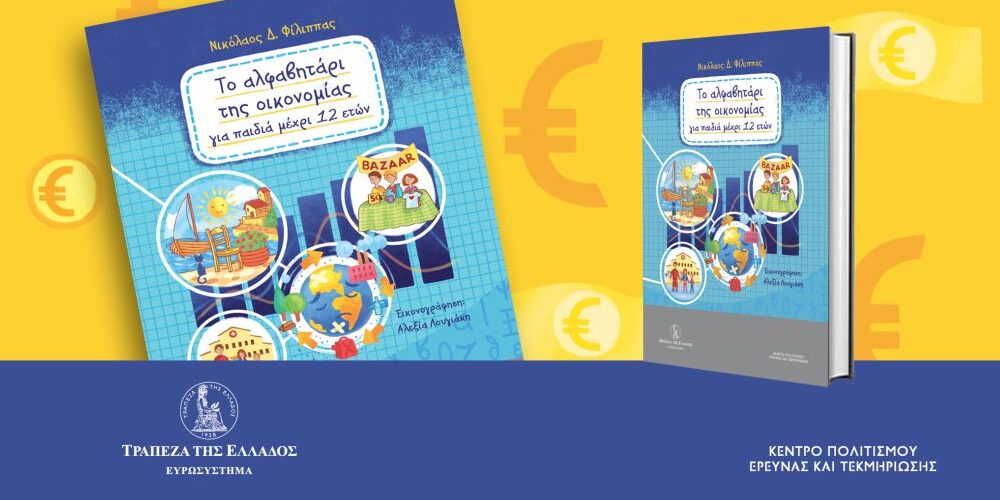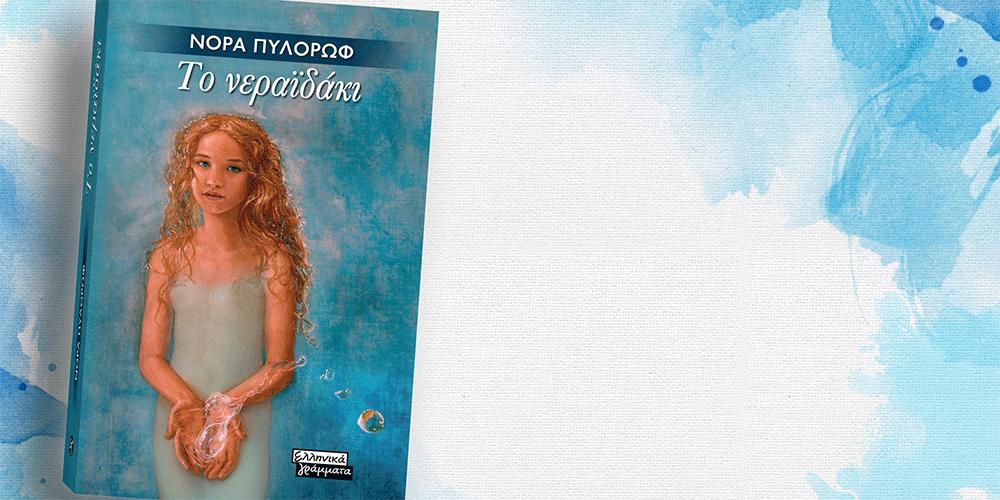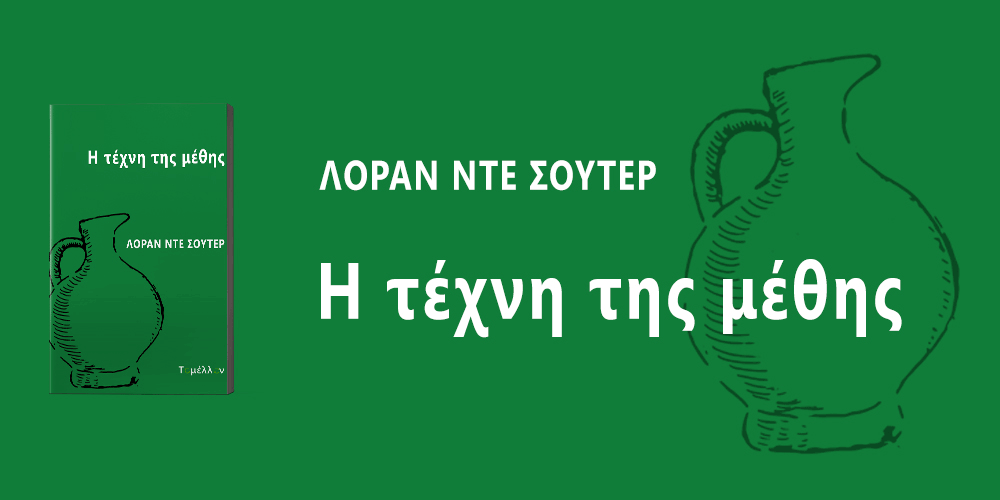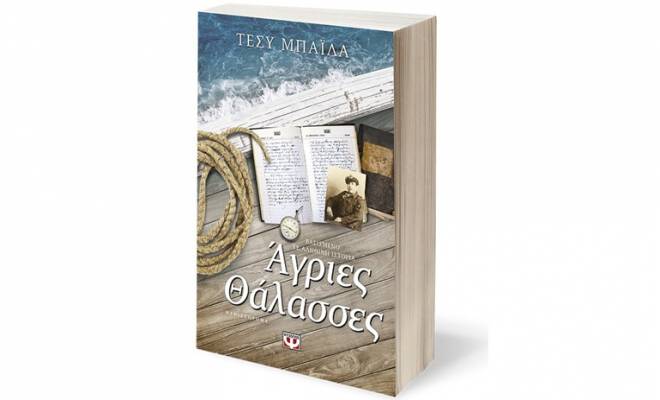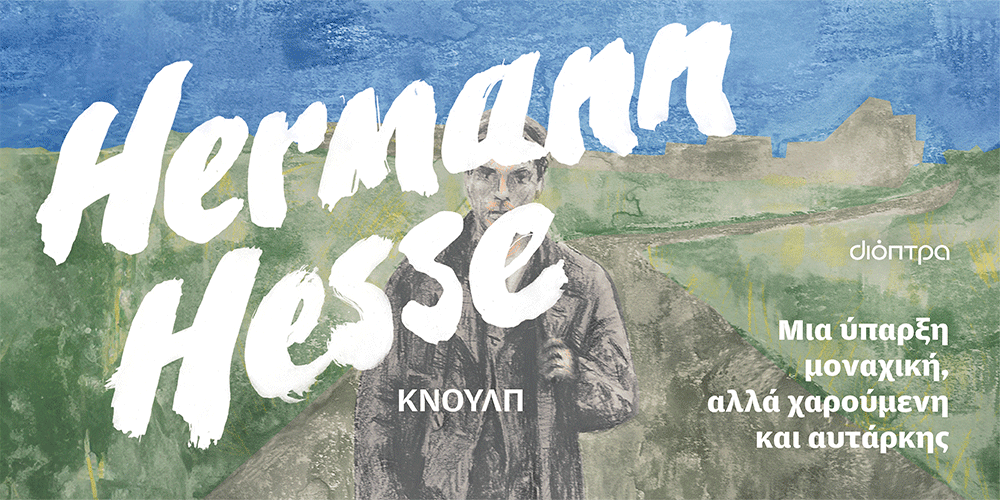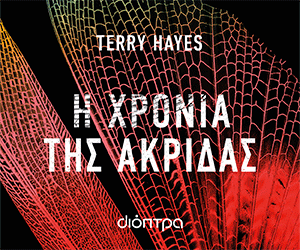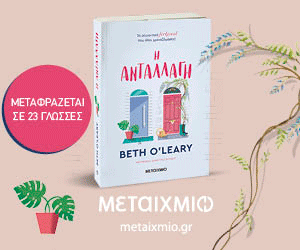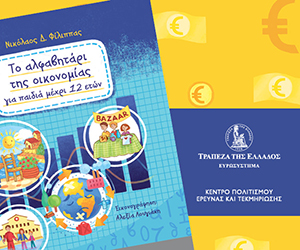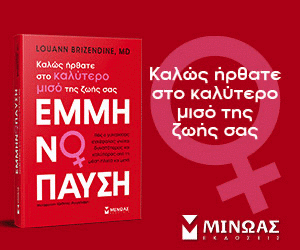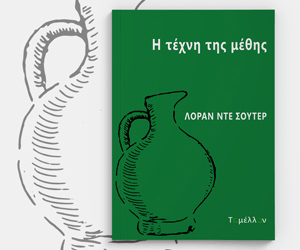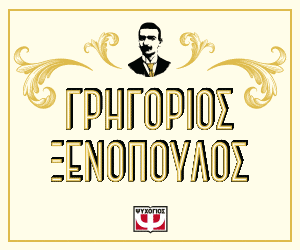
***Απαγορεύεται από το δίκαιο της Πνευμ. Ιδιοκτησίας η καθ΄οιονδήποτε τρόπο παράνομη χρήση/ιδιοποίηση του παρόντος, με βαρύτατες αστικές και ποινικές κυρώσεις για τον παραβάτη***


Tessy Baila is a glowing writer. She is an explorer of the human psyche, a writer who tries to find the ever escaping meaning of life through the struggle of daily reconsideration. With great sensitivity she expresses everybody’s fears and this is exactly what she did with her hero and hero of Greece Miltiades Houmas, in her latest historical novel Wild Seas. The description of his inner self places him on the highest pedestal.
Admittedly, Tessy Baila is at her best moment as a writer. I would agree but because I know and I admire the power of her pen, that there is no stylistic deterioration between her novels, stories or literary reviews, I believe that this is just a stop in her career and she can give even more. The confidence with which she moves back and forth between small and big literary surfaces, doing in depth reading, defining herself mainly as a reader, prepares us to expect the next stages in the full development of her literary talent and her recognition abroad.
On the occasion of the publication of her latest book Wild Seas by Psichogios publications, Tessy Baila sat down for an interview for Literature.gr.
Dina Sarakinou, 28th November 2016.
![]()
How much research was needed in order to write Wild Seas and to what extend imagination filled in the gaps?
In order to write this book I had to research systematically for a long time. It is based on a huge bibliography, on classified documents which are published for the first time, on narrations of people who lived at the same time with the real protagonists of this book, and to an extent, defined their fate. All this material had to be studied, classified, evaluated and become the starting point for my story. It wasn’t easy. I had to enter a specific historical context and move around the real characters which restrained me from writing freely. The narration of facts follows the historical truth. Often fiction intervenes and creates new characters without changing the real ones because as Fernando Pessoa said: “Literature exists because the world isn’t enough.”
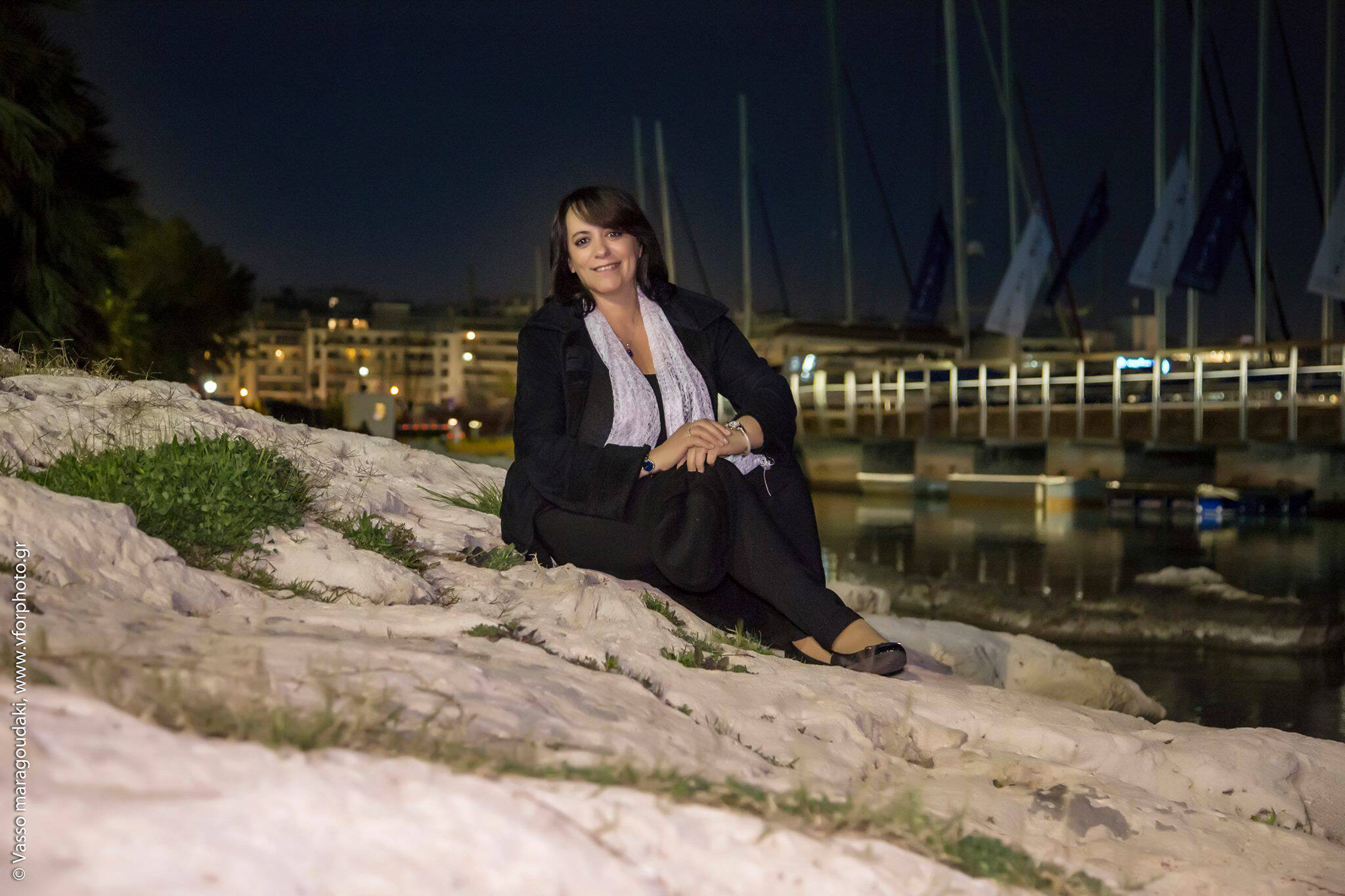
Photo / Vasso Maragoudaki
When interviewed, Yannis Houmas the youngest son of captain Miltiades Houmas who is the main hero of the book, said: “I know that for almost two years Tessy Baila was dedicated to this book, which had the restrictions of a true story and not the freedom allowed in a fiction novel. Our mother Eleni, my siblings and I thank her wholeheartedly.” What was so exciting about this story that made you write it?
When I heard the story of Miltiades Houmas I realised that this was a page of Greek History doomed to be covered by the dust of time. A story which wasn’t just about a man but all Greek seamen and how they resisted during World War II. Important events which will never be written on the pages of a school book. The fact that Miltiades Houmas hardly ever spoke about all the things he did and he never tried to use his war time action for personal gain, made me respect him even more. My enthusiasm became greater when the family of Miltiades Houmas decided that it was worth trying and gave me the valuable records which he had been collecting for twenty years at a personal cost. Among the vast bibliography I found Miltiades’ personal diary, which he kept since 1943, as well as other personal documents. That’s how I was dedicated in writing this book. I was going to write a historical novel. And for what it’s worth in our days the historical novel is exactly this; the recording of emotions aroused in posterity by History. The way it makes modern man look at events of the past and the course it has taken.
Yannis Houmas’ words, which you previously mentioned, and those of the whole Houmas family who embraced me from the start, are very honoring and I will value them forever.
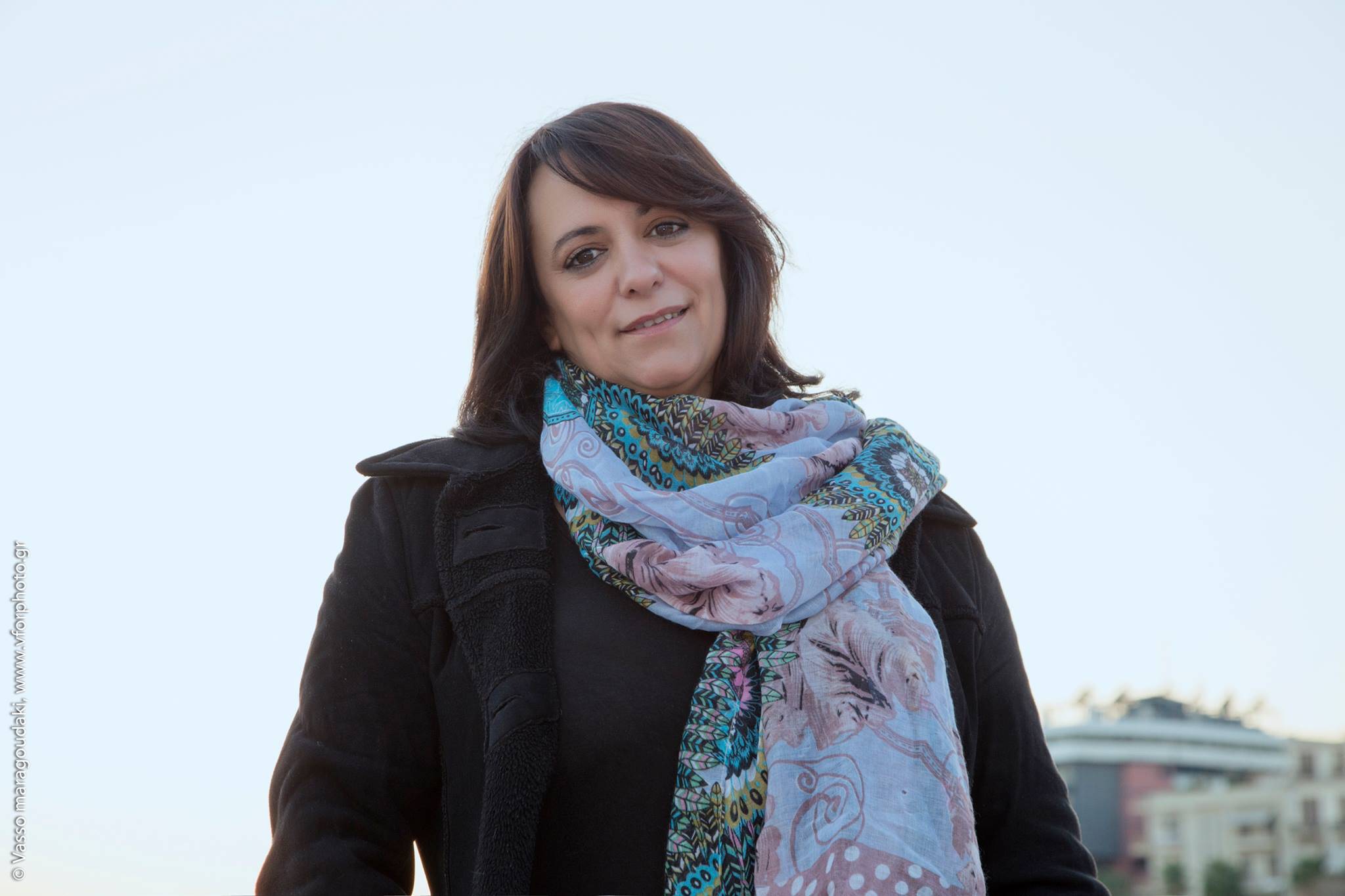
Photo / Vasso Maragoudaki
You have received praise for this book. It’s about the story of Force A in WWII, an English organization which was formed during WWII. Do you think that this book gives new information to the English readers?
Yes, it really does. You know, the History of the allied organisation Force A and especially MI9 which was organized by major Michael Woodbine Parish, in particular, is not widely known. He was the man who initiated captain Miltiades Houmas in order to create the flotilla of caiques in Ciose, Minor Asia. Michael Woodbine Parish took part in the Battle of Crete in 1941. In September 1943, during the events of the temporary liberation of Samos, he was seriously wounded. He was hospitalized and transferred to a concentration camp where he remained until the end of the war. After the end of the war he used to visit Greece every year. Major Parish died in 1994 in Greece, the country he loved a lot. Parish was the man who wrote a top secret report about the events and sent it to the British Authorities, a copy of which is found in the records of the Houmas family. Because of this report Miltiades Houmas was awarded by the British government with the Distinguished Service Order (D.S.O.). It’s the highest military decoration given to non-English. In total six members of the Greek military Navy were honored with the decoration of the Order of the British Empire (O.B.E.) as well as Miltiades Houmas who didn’t belong to the Military Navy.
The book also refers to John Capes, the only survivor of the sunken submarine Perseus, who met captain Miltiades Houmas in order to be transported from Kefalonia, where he was hiding, to the Turkish shore. Nobody believed Capes’ narration of his adventure and the way he escaped from the sunken submarine and swam for many hours until he reached the shore. However, in December 1997 a team of divers led by Costas Thoktaridis managed to trace at a depth of fifty-two metres in the open sea near Kefalonia the submarine Perseus and served justice for Capes fifty-six years later.
It is worth mentioning that the leaflet with instructions for the fighters who boarded the caique in order to escape, the one which Capes reads in the novel, is authentic and is shown for the first time. The Houmas family got it when the classified records were opened, after many years.
Therefore I think this is a book of great interest for the English reader as it will give them the opportunity to get to know these people and especially how the organisation of allies operated in the fight against the Axis powers during World War II.
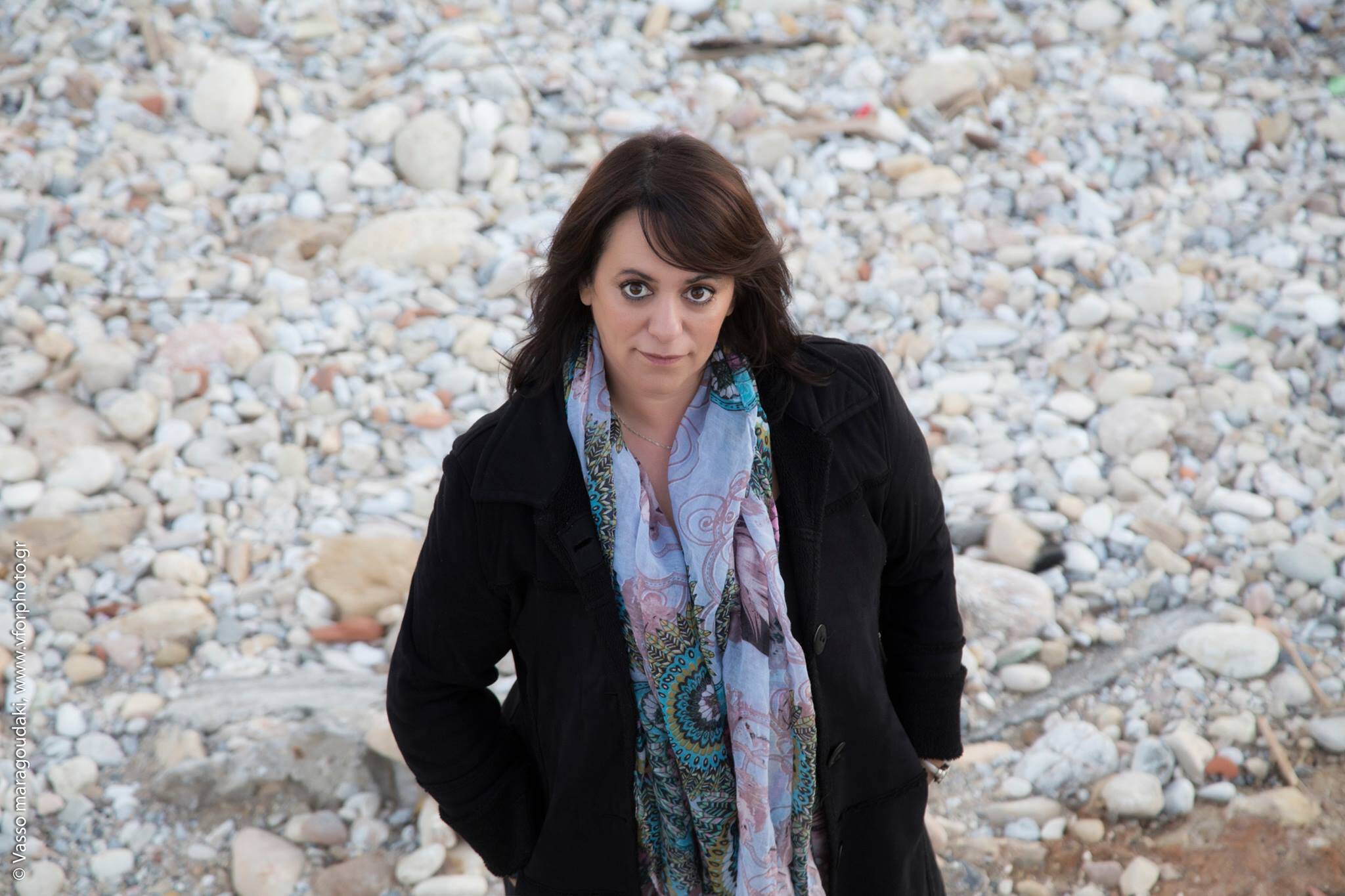
Photo / Vasso Maragoudaki
Nowadays people need to read a heroic story. This has been commented by readers. Is our time antiheroic?
You know, this is exactly what I felt as I was writing this book. That readers today needed to read a story about a hero who never claimed the glory of a superhuman but remained ordinary and humble and when his life came to a tragic dead end took his fate into his own hands and changed it. A man that the despair, when he faced the ugliness of war, moved his conscience and made him dedicate himself to a dangerous but not vain fight against those who threatened his existence and the long History of his country. A man who continued looking into the light even in the darkest of times. Maybe this is why readers want to read his story. Because there is a lot of darkness in our days and we all have to find a way to do something in order to return to the light.
In that sense I don’t know the extent in which our days are antiheroic. We all have to face great difficulties and give a personal fight for survival in an extremely aggressive environment, which unfortunately defeats some and makes them sink into despair. The most fertile womb for the birth of heroism is despair and nowadays Greeks are in great despair.
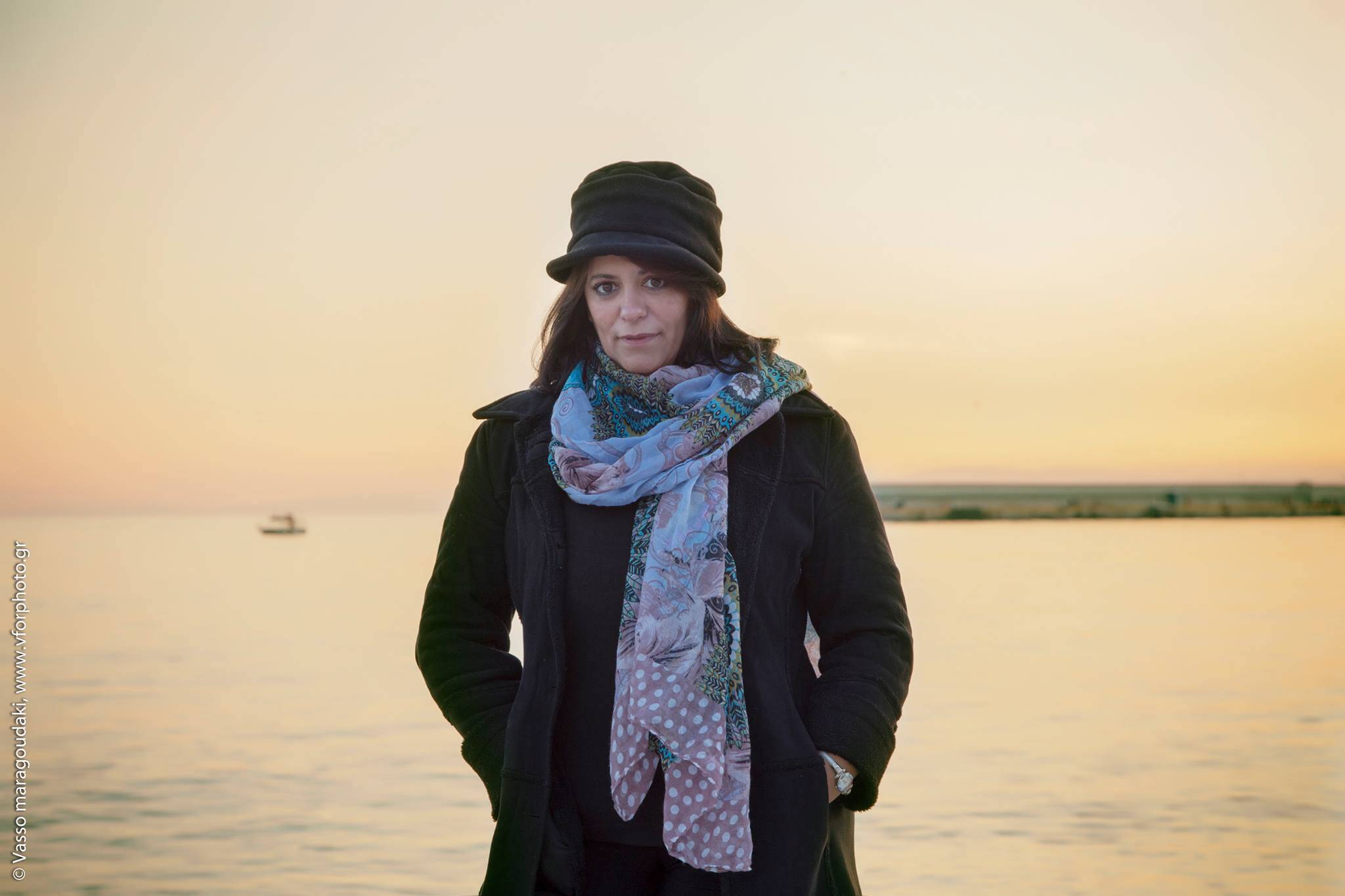
Photo / Vasso Maragoudaki
Is this your first historical novel?
The two previous books The secret was in the sugar and Whisky blue are novels with a historic and social subject. But Wild Seas is a clearly historical novel, most of its characters were real people and my approach had to be discrete and impartial and according to the bibliography I had. This was the greatest difficulty I had to face as a writer.
What made you become a writer?
My love of books and reading. I was and still am a reader. Gradually, reading became a personal survival guide and an introduction to life and its experiences. When growing up I admired people who had dedicated their lives in writing. I saw in their writings the anxiety and dedication on the dream of writing something worthy to be mentioned. At some point I started writing articles, mainly in order to test my abilities. Eventually, I progressed to writing a novel. Slowly and I want to believe cautiously. This is how it all started.
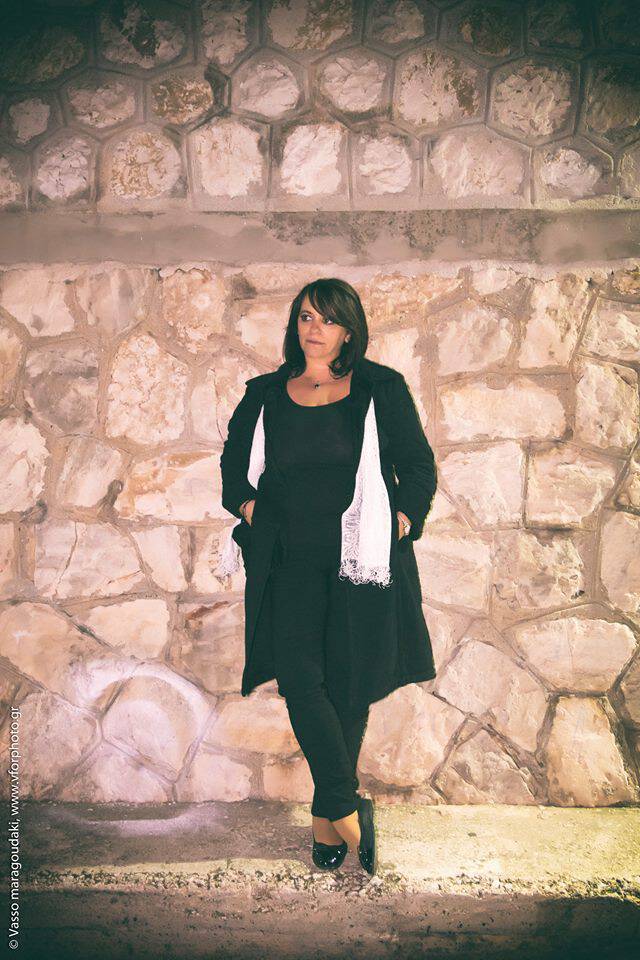
Photo / Vasso Maragoudaki
Who are your favourite writers?
During my teenage years my favourite writers were Nikos Kazantzakis, M. Karagatsis and Antonis Samarakis. Very soon I moved on to poetry. I believe that poetry is the factor which contributes to one’s aesthetic refinement. Kavafis, the poet who dissects the historical truth transforming a lover’s memory into poetry and vice versa showed me the rational perception of things, the harmonious coexistence of contrasts, the relationship between history and aesthetic and his particular lyricism. Elytis was the greatest teacher. My contact with his work initiated my personal submersion into the clear light of purity, in philosophy, in transcendence of a dream, in our Greek civilization and our Greek language. The study of his work, prose as well as poetry, for many years marked my horizons and I will always be in debt to him. Elliot and his connection with George Seferis and the entire universal poetic history as well as Arthur Rimbaud with the breathtaking rebelliousness of his internal conflict with his own self, were important reading moments. I always read the French writers and thinkers of the twentieth century. I consider Anthony Marra great, I like Javier Marias and I greatly value John Banville and George Durrell for their narrative and linguistic flair.
Your readers can see an evolution in the themes of your books.
This is what any writer should do. I’d like to believe that readers can see an evolution in the themes of my books and in my writing.
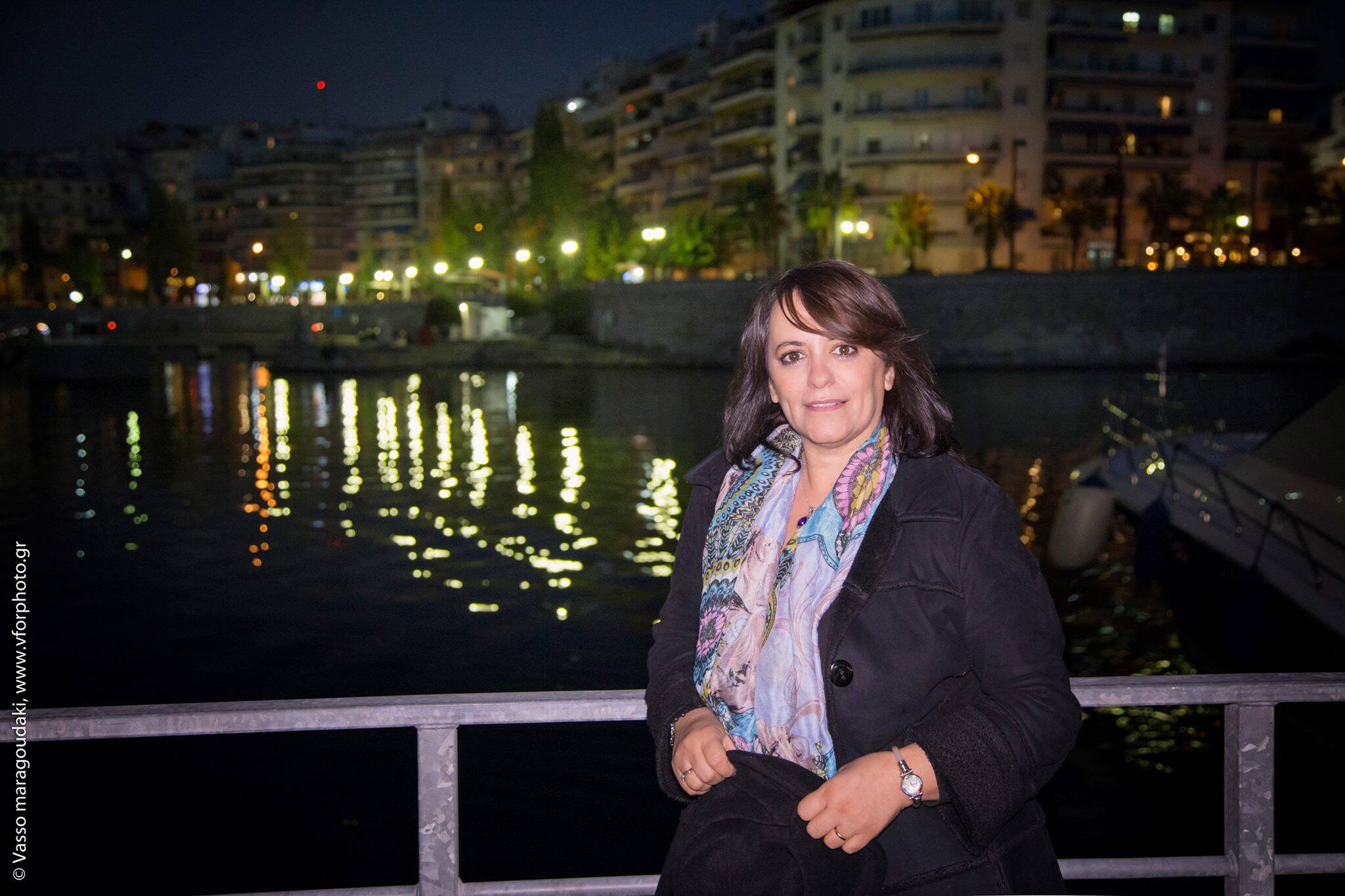
Photo / Vasso Maragoudaki
What’s your advice to a new writer?
Believe in himself. Think that every time he has to make a step further and not lose heart in the face of adversity. The first steps in the literary world are difficult for everybody. The only thing he can do is work conscientiously, insist on achieving his goals and more importantly remain an ardent reader.
The photoshoot tooke place in Piraeus, in Kastella , in the beach Votsalakia and in Marina Zeas in Athens, Greece.

Ακολουθήστε τo Literature.gr στο Google News και μάθετε πρώτοι όλα τα νέα για τον πολιτισμό και την επικαιρότητα από την Ελλάδα και τον Κόσμο.

